A large new research project investigates plant-based foods to strengthen Denmark’s position in the green transition world-wide

(Illustration: giphy.com)
Along with Aarhus University, the University of Copenhagen and no less than 15 players from the food industry, CBS has launched a widescale research project that aims at putting Denmark on the world map in a plant-based transition adventure. The project, funded to the tune of DKK 8.4 million by Innovation Fund Denmark, will run for three years.
“This is a very important step, and it’s exciting to be part of this overarching project that involves other Danish universities and so many Danish companies!” says Meike Janssen, Associate Professor at the Department of Management, Society and Communication at CBS.
She is one of the coordinators and researchers involved in PlantPro – a new green research project that intends to scrutinize how Denmark can strengthen and disseminate the transition towards more plant-based diets, less food waste and green innovative food production that can support the development in a sustainable direction.
In other words: The hope is to put Denmark on the green world map.
Besides the three Danish universities, leading companies, retailers and organizations such as Natutli’, Beyond Coffee, Rema1000, Circular Food Technology, Dansk Vegetarisk Forening and Plantebranchen have joined the collaboration.
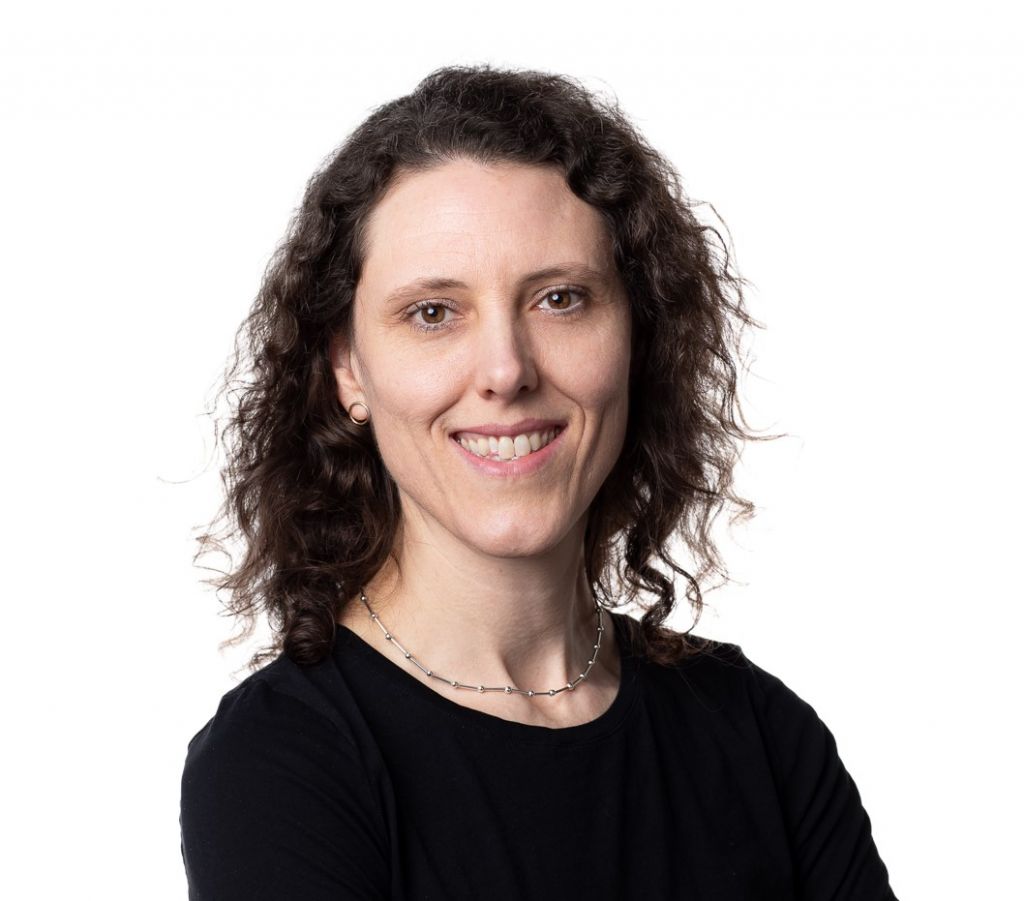
Meike Janssen is one of the coordinators and researchers involved in PlantPro and she works together with Aarhus University, the University of Copenhagen and no less than 15 players from the food industry. (Private photo)
And according to Meike Janssen, the collaboration may be fruitful for more than just the food sector, our health and the environment. It can also be an advantageous adventure for the universities involved.
Plant-based food across different lifestyle groups
The research project, Meike Janssen explains, consists of three building blocks in which the three universities and their industry partners collaborate closely together:
“In the first block, we aim to identify which key success factors shape societal transitions and the industry within the food sector as well as other related sectors in Denmark and abroad,” she says adding:
“In the second block, we aim to map consumer behaviors and factors that drive acceptance and consumption of plant-based food across different lifestyle groups. This is also the building block where we will analyze the environmental impact of plant-based foods.”
“And, finally, in the last block, we want to assess the impact of actions in order to nudge, inform and motivate behavioral change among consumers in different public and private food choice contexts – whether it is within catering or among retailers and canteens.”
Over the course of working with these three building blocks, Meike Janssen explains, CBS will take the lead in different concrete areas.
Experimental lab and field studies
“CBS will be analyzing successful societal green transitions in other areas of sustainable food-consumption than the plant-based food industry – such as organic foods or different food waste initiatives. Thereby, we can outline development paths, understand how behavioral change is impacted and identify what makes societies change towards green and sustainable solutions,” she says and continues:
“We will also explore what determines acceptance and behavior with regard to plant-based food across different consumer lifestyle groups. This will be achieved through a survey among 4,000 members of DVF, customers of Simple Feast and their partners, and subscribers to the App Eachthing. This will be compared to a survey among a Danish population sample of 1,000 people.”
“And last, but definitely not least, we will conduct two experimental lab and field studies in Food Innovation House and REMA 1000 supermarkets that measure the effects of point-of-sale instruments – that is shelf placement, communication and product labeling of plant-based food products,” she says.
But in order for the whole project to succeed, Meike Janssen adds, the three universities will each combine their distinctive strengths to create greater synergy. And that is something that might actually be of advantage to CBS.
Plant-based collaborations and benefits
In recent years, CBS has joined a long row of collaborations as well as initiating several research sustainability projects. And with PlantPro as the latest addition, whole new perspectives will be put into play.
“The research project is unique because of the extensive collaboration between practitioners and researchers,” Meike Janssen says and explains:
“Many important companies and organizations from the plant-based food industry are onboard. They can provide us researchers with information that enables us to tailor a research design that fits the world where they operate. On the other hand, we’ll be able to fill in knowledge gaps related to the industry that might be useful to the industry players.”
But the internal collaborations among the universities might also benefit CBS.
“Whereas Aarhus University and the University of Copenhagen both have whole faculties and departments dedicated to food sciences, CBS is not distinctly specialized within this field as a business university,” Meike Janssen says and continues:
“However, we do have researchers who are experts at food consumption and the food sector. And so, by collaborating with other universities and industry players, we might all learn something from each other.”
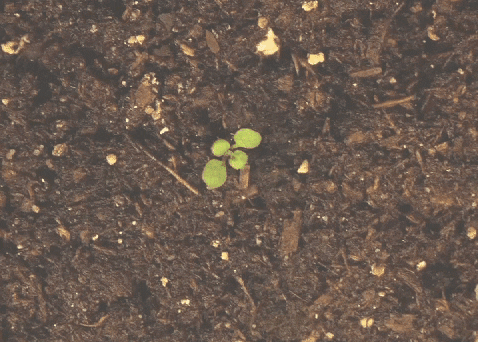
(Illustration by giphy.com)
But, at the end of the day, the most important benefits of PlantPro will hopefully be the findings that can strengthen the Danish plant-based industry and fuel an efficient green consumer behavior transition towards more plant-rich diets and less food waste. At least if you ask Meike Janssen.
“The food sector is very important for Denmark as a whole. It has an influence on our daily lives, jobs and business opportunities, several industries, society and the environment,” she says.
“Therefore, transforming into more climate-friendly ways of production is an urgent matter. And I believe that with this project, we will be able to contribute important findings that can advance this process.”




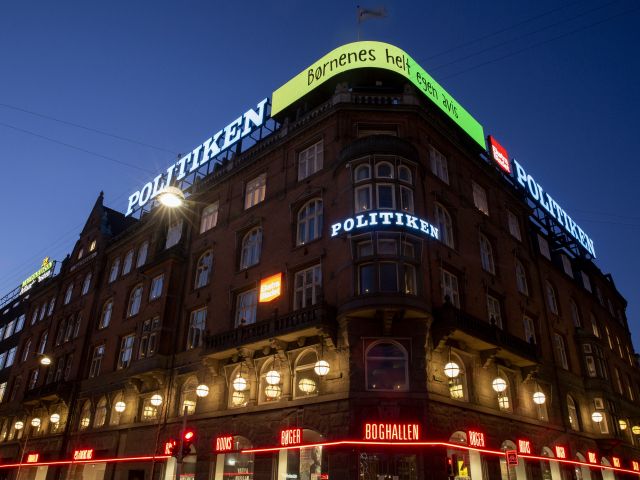

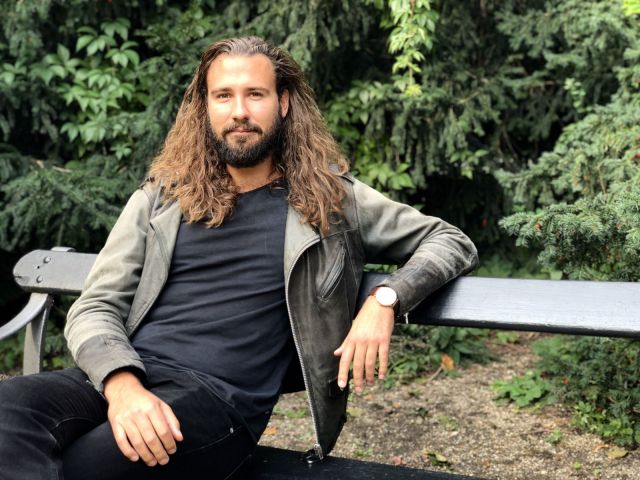

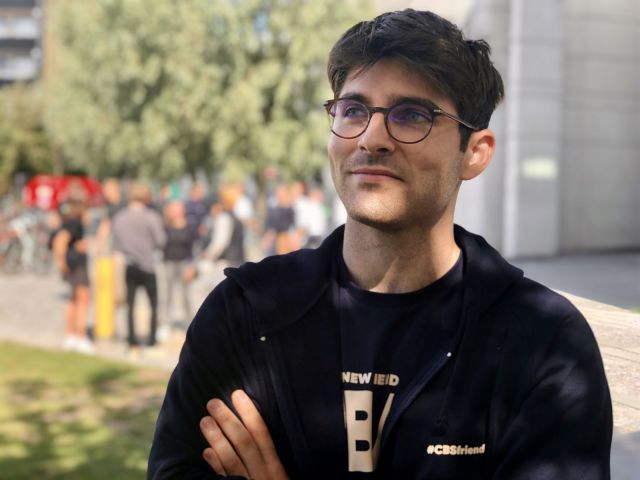




























































































































Comments